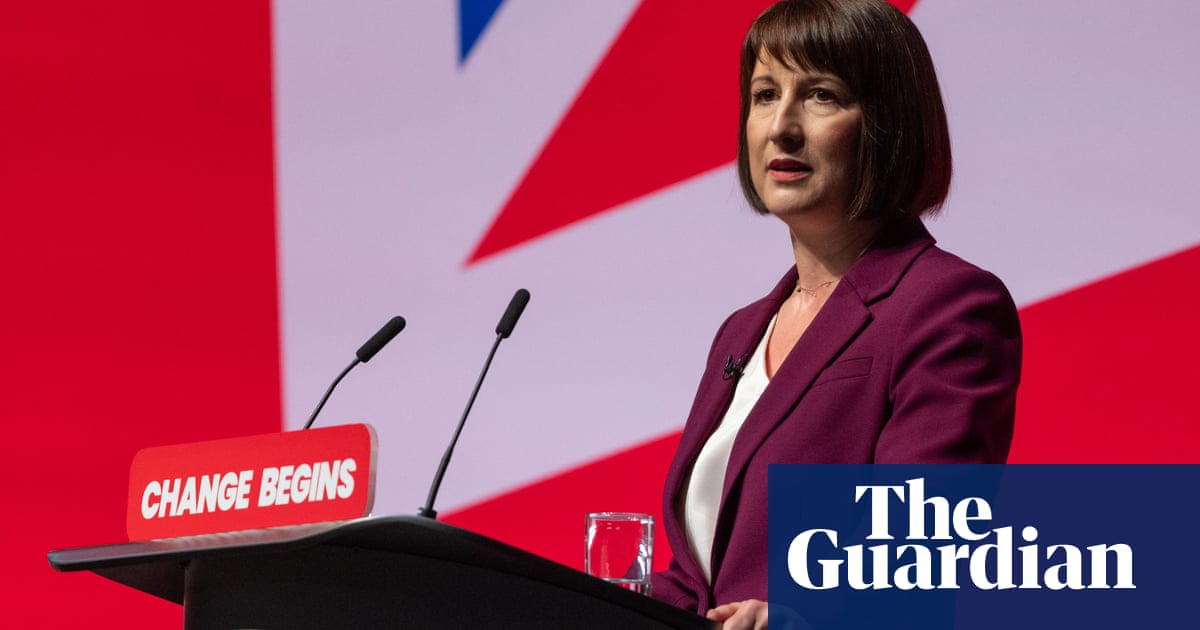
Rachel Reeves has decided not to raise tax on pensions contributions in this month’s budget, after public sector unions warned that doing so would hurt their members.
The chancellor is understood to have decided against the move, which had been considered as one of a number of tax rises designed to repair the hole in the public finances.
Reeves had been considering reducing the 40% rate of tax relief that higher earners enjoy on pension contributions, in a move that could have raised £10bn a year. Public sector unions warned, however, that doing so would hit almost 1 million of their members, erasing much of the pay increases that the government has just agreed.
One government official told the Times, which first reported the decision, that it would have been “madness” to increase taxes on public sector workers in this way. The Treasury refused to comment on the budget.
Reeves has been weighing up a number of revenue-raising measures as she looks to avoid sharp cuts to public services, which had been assumed under the previous government’s spending plans.
One of them had been to cut the higher rate of tax relief on pension savings, which is currently enjoyed by those earning more than £50,270 a year.
A paper earlier this year by the left-of-centre Fabian Society recommended creating a single rate of tax relief for all earners, which could have been set between 20% and 30% instead.
Such a move would have disproportionately hit public sector workers, however, who often have more generous pension arrangements than those in the private sector.
Vishal Sharma, chair of the pensions committee at the British Medical Association, said: “Attacking our pensions in this way would completely reverse this progress [on public sector pay deals] by once again taking money away from doctors in a different way. Not only would this negate the recent hard-won pay rises but it would probably reignite the recent pay disputes that have been seen across the NHS.”
Other tax-raising options remain available to the chancellor, however, including reducing the amount that people can take out of their pension pots tax-free when they retire.
Reeves is also considering making changes to capital gains tax and inheritance tax. One option proposed by the Fabian Society is to levy inheritance tax on unspent pension pots, which can currently be passed on untaxed.
Treasury officials will continue to work on the main budget measures for the next few weeks until they finalise their decisions in the week before the announcement on 30 October.
This week, however, Reeves will have to give the Office for Budget Responsibility an indication of what she intends to do in order for its forecasters to create their first “post-measures” analysis, which will be presented to the chancellor next Monday.
One major decision still to be finalised is whether Reeves will change the official definition of government debt to allow her to borrow more without violating her own promise to have debt falling by the fifth year of the forecast period.